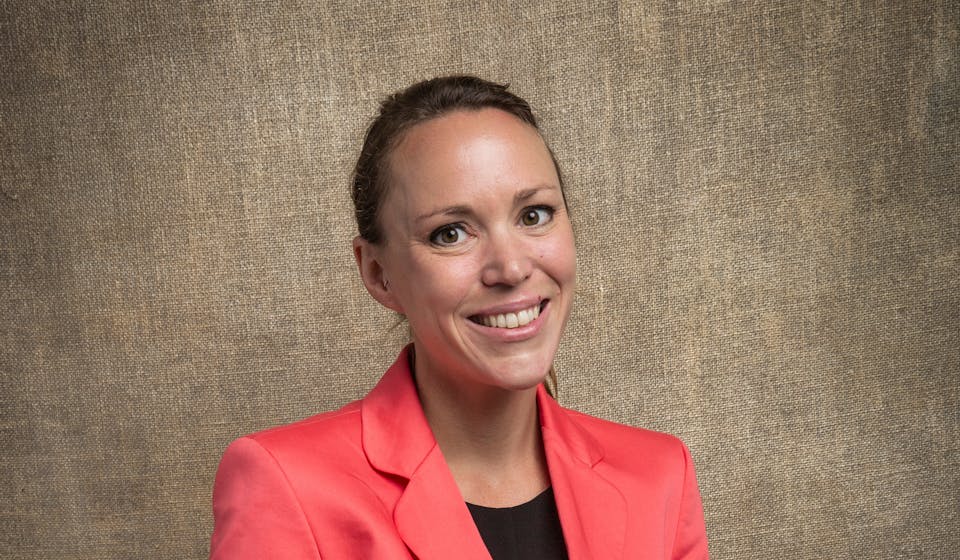Imprint
- Hodder Paperbacks
- Hodder & Stoughton
- Hodder & Stoughton
- Hodder & Stoughton
Joined-Up Thinking: The Science of Collective Intelligence and its Power to Change Our Lives
Hannah Critchlow
Society, Science: general issues, Impact of science & technology on society, Popular science, Neurosciences
-

Imprint
Hodder Paperbacks
- Paperback Aug 8, 2023 | 9781529398434 | RRP $24.99 Buy Now
- Trade Paperback Aug 30, 2022 | 9781529398403 | RRP $32.99 Buy Now
- Hardback Nov 22, 2022 | 9781529398397 | RRP $55.00 Buy Now
- Audiobook Aug 25, 2022 | 9781529398427 | RRP $39.99 Buy Now
Play Sample0:00 -

Imprint
Hodder & Stoughton
- Paperback Aug 8, 2023 | 9781529398434 | RRP $24.99 Buy Now
- Trade Paperback Aug 30, 2022 | 9781529398403 | RRP $32.99 Buy Now
- Hardback Nov 22, 2022 | 9781529398397 | RRP $55.00 Buy Now
- Audiobook Aug 25, 2022 | 9781529398427 | RRP $39.99 Buy Now
Play Sample0:00 -

Imprint
Hodder & Stoughton
- Paperback Aug 8, 2023 | 9781529398434 | RRP $24.99 Buy Now
- Trade Paperback Aug 30, 2022 | 9781529398403 | RRP $32.99 Buy Now
- Hardback Nov 22, 2022 | 9781529398397 | RRP $55.00 Buy Now
- Audiobook Aug 25, 2022 | 9781529398427 | RRP $39.99 Buy Now
Play Sample0:00 -

Imprint
Hodder & Stoughton
- Paperback Aug 8, 2023 | 9781529398434 | RRP $24.99 Buy Now
- Trade Paperback Aug 30, 2022 | 9781529398403 | RRP $32.99 Buy Now
- Hardback Nov 22, 2022 | 9781529398397 | RRP $55.00 Buy Now
- Audiobook Aug 25, 2022 | 9781529398427 | RRP $39.99 Buy Now
Play Sample0:00
Sunday Times top ten bestselling author of The Science of Fate neuroscientist Hannah Critchlow brilliantly illuminates the new science of collective intelligence, showing how it can work to improve our lives and help solve the huge global challenges confronting us.
At a time of existential global challenges we need our best brainpower to solve them.
We can no longer rely on the myth of the lone genius to create a breakthrough.
As neuroscientist and bestselling author of The Science of Fate Hannah Critchlow shows, two heads have always been better than one. Almost everything we've ever achieved has been done by groups of people working together, sometimes across time and space. Like a hive of bees, or a flock of birds, our naturally social, interconnected brains are designed to function best collectively.
New technology is helping us share our wisdom and knowledge much more diversely across race, class, gender and borders. And AI is sparking a revolution in our approach to intelligent thinking -linking us into fast-working brainnets for problem solving.
Hannah Critchlow brings us an enlightening, invaluable guide to our future through the evolving new science of collective intelligence. She reveals what it says about us as human beings, shares compelling examples and stories, and shows us how best we can work collectively at work, in families, in any team situation to improve our outcomes, our wellbeing, and our prospects.

Hannah Critchlow
Dr Hannah Critchlow is the Science Outreach Fellow at Magdalene College, University of Cambridge, and has been named a Top 100 UK Scientist by the Science Council for her work in science communication. Mentioned by Nature magazine as a rising star in the life sciences in 2019, she is listed as one of the University of Cambridge's 'inspirational and successful women in science' and appears regularly on TV, radio and at festivals to discuss and explore the brain.





















.png?auto=compress&w=150&h=60&fit=crop&fm=jpg)
.png?auto=compress&w=150&h=60&fit=crop&fm=jpg)




